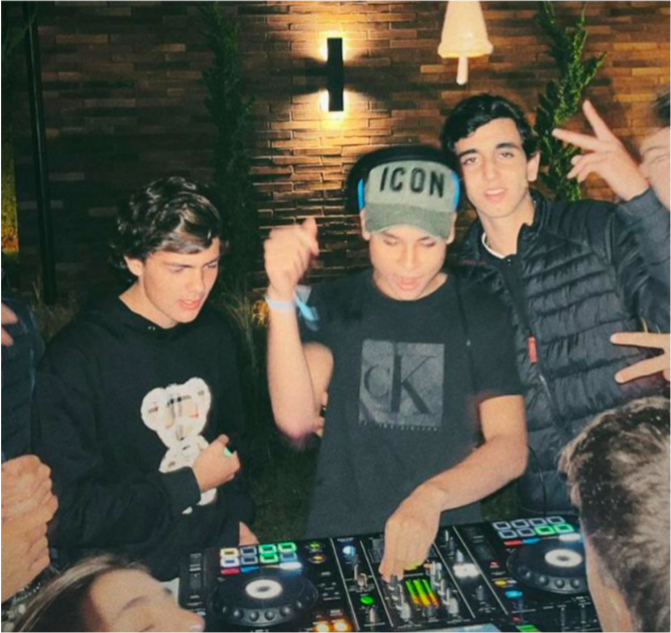Imagine being in the shower, singing your heart out to your all-time favorite song, only for the music to abruptly cut off. Now, picture this scenario happening to all teenagers—an entire generation stripped of their earbuds and the ability to enjoy new songs during any activity. This illustrates the immense importance of music in youth culture. It serves as a powerful means of self-expression and identity formation, a tool for social bonding and community building, and a source of emotional well-being and coping.
In a world where the sudden loss of music for an entire generation would range between catastrophic and indifferent, the significance of music in youth culture becomes remarkably clear. For many people, music is irrelevant in their lives, for others not listening to music might seem like a doomsday. Music works as a powerful way for teenagers to be able to express themselves and shape their identities. It fosters connections among young people and it nurtures their emotional well-being.
“Music has influenced my own life by being a safe place for me where I can pick a song that goes along with my feelings, and it will always help me express them better. It also plays an important role, since there are songs that relate to special moments and people I love,” UNK student Juliana Botero said.
According to lessoninyourhome.net children who took a period of music a week for 30 weeks straight showed a significant increase in their IQ levels, as well as better marks in standardized testing, in comparison to students who didn’t.
“I know there are songs that create a bad influence on teenagers because the words are very explicit, but I feel that music has been a very big influence in my life. I use it for anything in my daily life: to take a shower, to study for an exam, to do my homework, when I’m in the car, etc..,” Senior Manuela Salazar said.
Music serves as a powerful therapeutic outlet for teenagers, offering emotional release, self-expression, and comfort against the disturbances during adolescence, helping them cope with stress and connect with their emotions.
“Music is very therapeutic in any sense, whether it is to energize, relax, study, or burn off stress. The frequencies and the vibrations in music move us and put us in the same state. It helps us connect and distract healthily and it is a good way to divert us when we are alone and need a distraction,” Psychologist, Antonio Herran said.
Teenagers employ music as a powerful tool not only to combat depression but also to forge meaningful connections with others. Music serves as a versatile medium for socialization, offering various avenues such as playing instruments, attending dance classes, or simply sitting down with someone to share common musical preferences and discuss their likes and dislikes.
“Sometimes music can carry very dense messages that might affect the judgment of the youth, but I also think it is someone else’s way of expressing themselves, and they should not be stopped from expressing themselves. As a music consumer, everyone can decide which songs to listen to and which songs not to,” Botero said.




